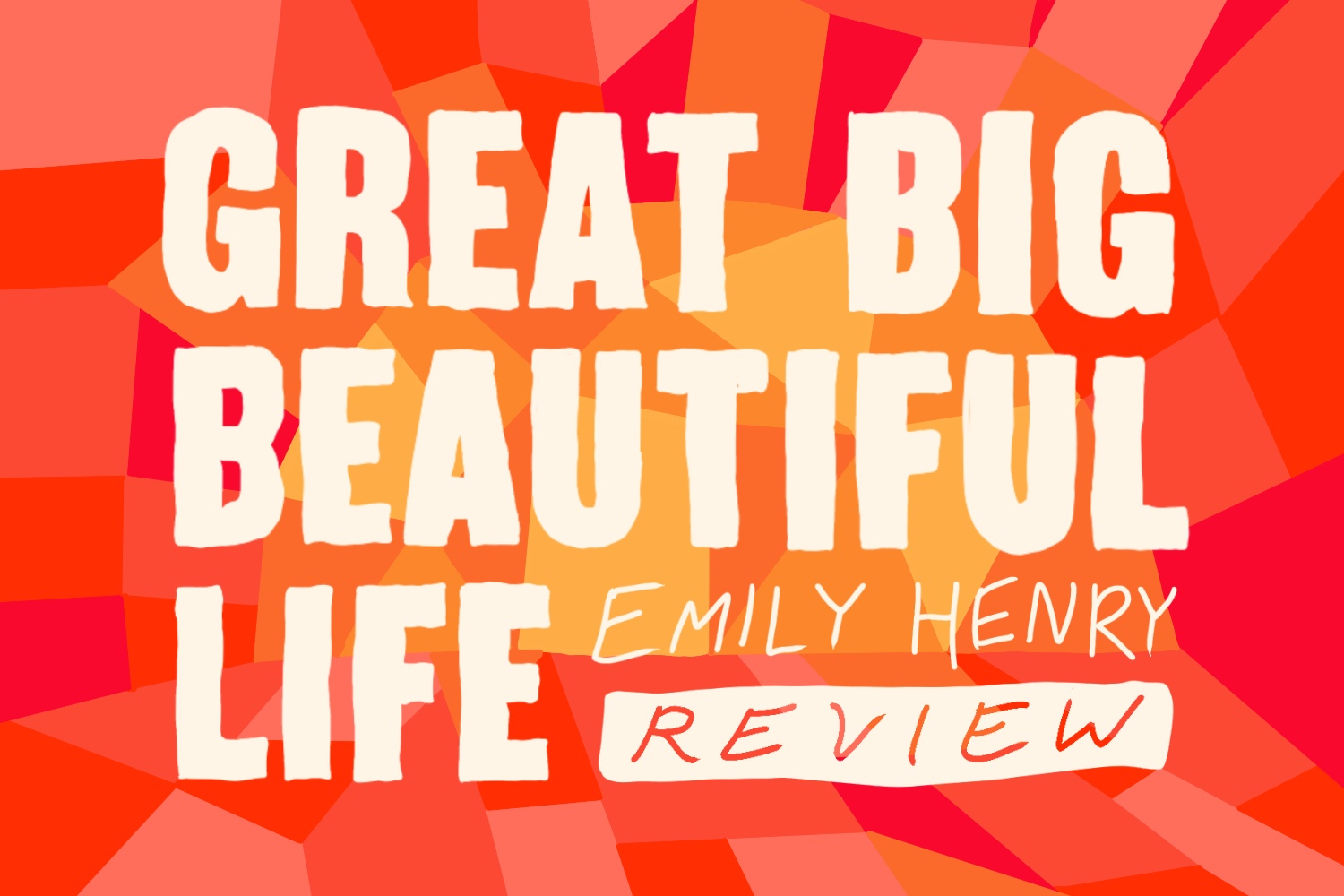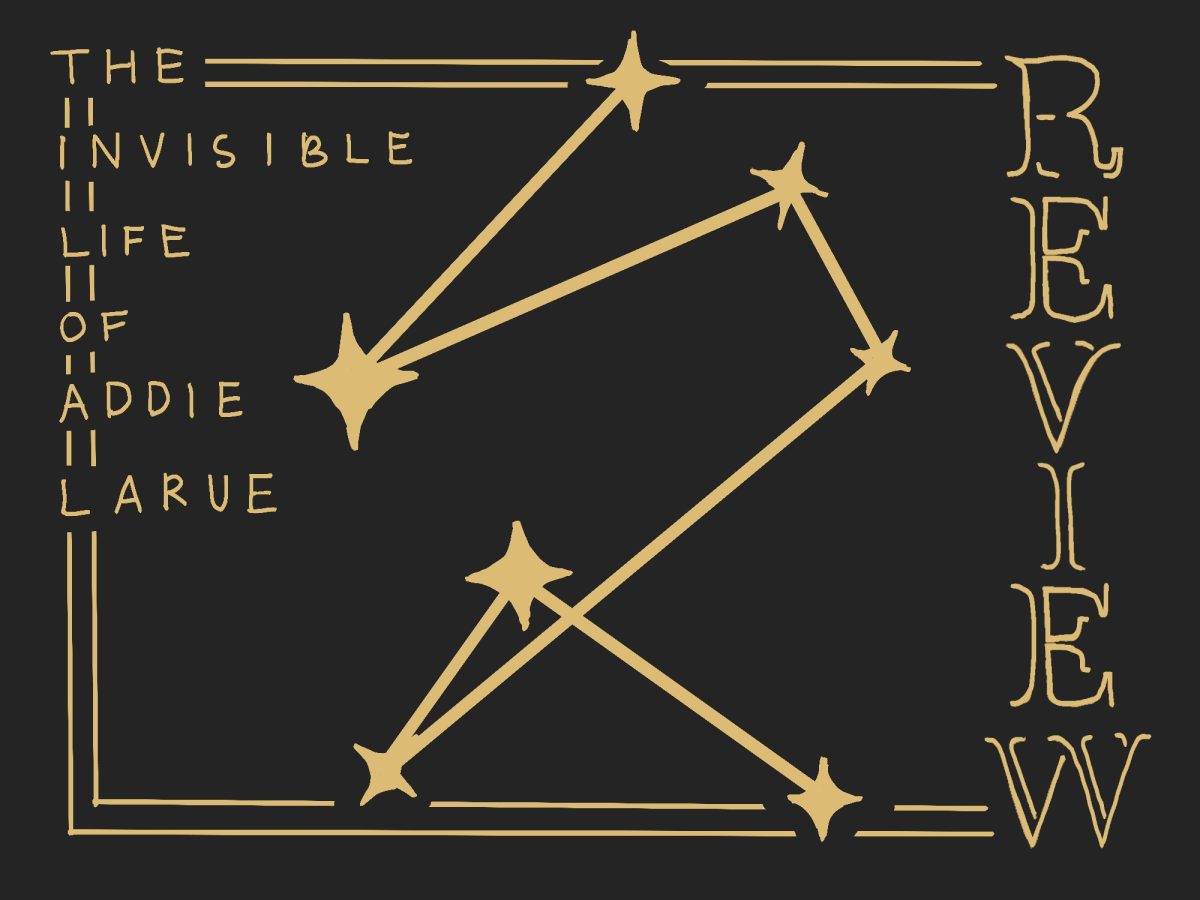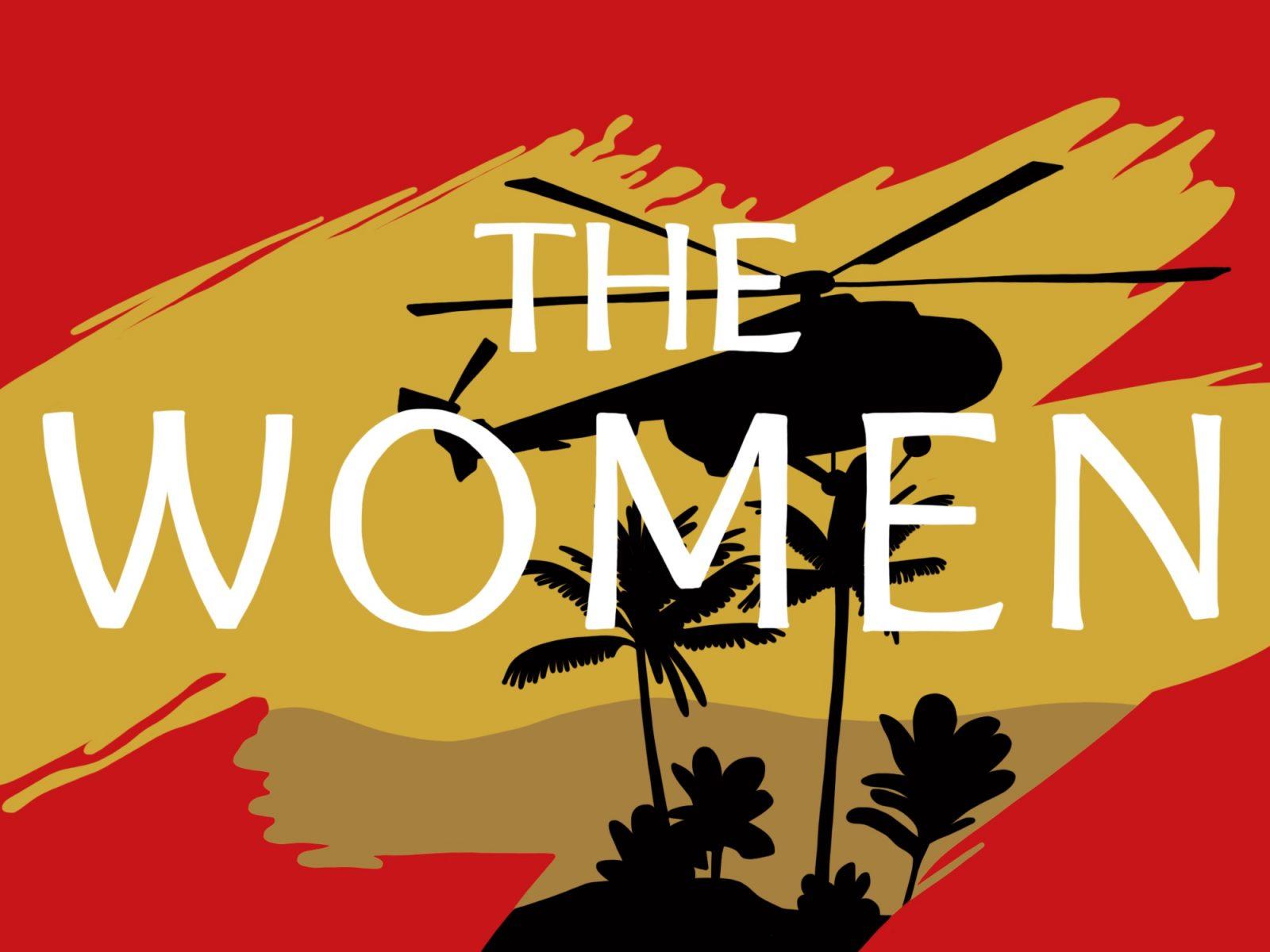At its core, journalism is about uncovering the truth and sharing it with the world as honestly and objectively as possible.
Being a journalist is painstaking. It requires time, persistence and a willingness to help even the most reluctant of people open up and share their stories. In the newest of Emily Henry’s novels, journalist Alice Scott knows that all too well.
Despite this, she still feels called to journalism.
That’s why she travels to Georgia’s Little Crescent Island — a tranquil, off-the-grid haven for wrinkled retirees — to write the biography of a woman no one has seen in years.

Enter Margaret Ives: The reclusive daughter of one of the most infamous families of the century — once a tabloid sensation, now a tragic heiress.
Unbeknownst to Alice, Margaret has pitted her against Pulitzer Prize-winning Hayden Anderson in a competition to uncover her story..
After a one-month trial period where she spends alternating days with each journalist, Margaret will choose the person to tell her long-winded saga, one that spans multiple generations and is akin to “the last great american dynasty” by Taylor Swift.
However, Margaret only gives Hayden and Alice slivers of her story — jagged puzzle pieces that simply won’t fit together due to an uncompromising NDA that keeps them from sharing notes and a crackling tension that rises every time they are together
Margaret’s story doesn’t quite make sense, either.
Alice must climb the limbs of Margaret’s sprawling family tree and navigate through layers of contradiction and misdirection to discern what is “Margaret’s story” and “the truth.”
In doing so, she learns that “truth” may not be a neat compromise between conflicting viewpoints, but rather an integration of them — layered, complex and often contradictory.
“The only way to get a person’s full, unfiltered story is to let them tell it to you when and how they want,” Henry wrote. “The best stories are born when the words slip effortlessly from a subject’s lips, rather than being painfully cranked out of them bit by bit.”
“Great Big Beautiful Life” is a love letter to storytelling and journalism at its core — and a quiet reckoning with what it costs.
Henry doesn’t romanticize journalism — she depicts it honestly, as a job that demands vulnerability, patience and a constant evaluation of its role. She presents journalists as not just neutral vessels for facts, but active participants in navigating and interpreting the truth.
“Maybe truth is less about a compromise of conflicting viewpoints and more about an integration of them,” Henry’s protagonist, Alice, says. “I’ve always wanted to make my interview subjects feel seen and heard, but there’s also been a comfort in believing I’m nothing more than a cipher, a funnel, for the truth to pour through, a sieve catching and dispelling any unnecessary bits.”
As a dedicated fan of Emily Henry, I was ecstatic when she announced this book, and even more enthralled at its premise — Come on, what reporter wouldn’t be excited about a novel starring two journalists?
But I’ll admit: for the first 250 pages of this book, I thought it would sit firmly at a four-star rating. I really liked Alice, and I sort of liked Hayden, but I thought Henry’s other books had stronger pairings — namely January and “Gus” from “Beach Read.”
And honestly, as the book progressed, I was more interested in Margaret Ives’ storyline than anything else.
I did appreciate how, though this book is categorized as a romance, Alice and Hayden’s budding relationship never overshadowed Margaret’s storyline — the true essence of the story. One could argue the book even toes the line of historical fiction.
Henry truly outdid herself, and I believe “Great Big Beautiful Life” is the most unique novel she’s published. It seems to have more “plot” than “romance,” rather than her past works like “Beach Read” and “Happy Place.”
But what provoked the step up from four stars to five was the final 100 pages of this 432-page novel. As Alice unraveled the truth behind Margaret’s enigmatic life, I was floored.
I relish when all of a book’s stray ends finally connect, and “Great Big Beautiful Life” delivers this satisfaction tenfold. It’s a story that rewards curiosity and close reading — much like journalism itself.
Journalists should read this book not only because it’s beautifully written and an enthralling tale, but also because it understands us. It acknowledges the lonely parts of the job, the drive to do a story justice and the anecdotes that never leave you.
Most of all, Emily Henry reminds us why we chose this path in the first place: to illuminate stories of those who have waited far too long for someone to hear them.
To me, “Great Big Beautiful Life” is a tribute to the storytellers behind the bylines — those who understand that the truth of a story is rarely handed to you, but is built patiently, piece by piece.























































































































